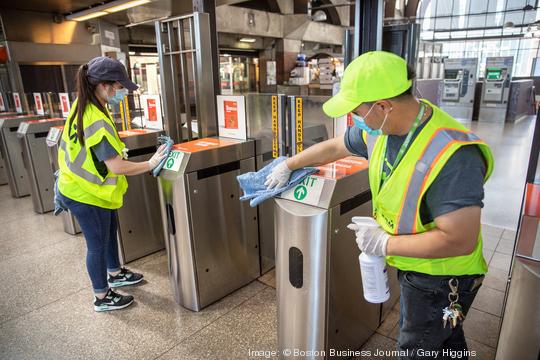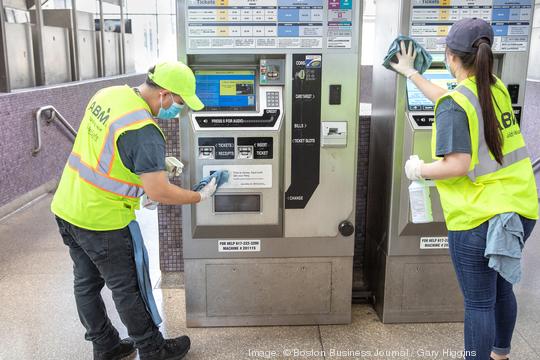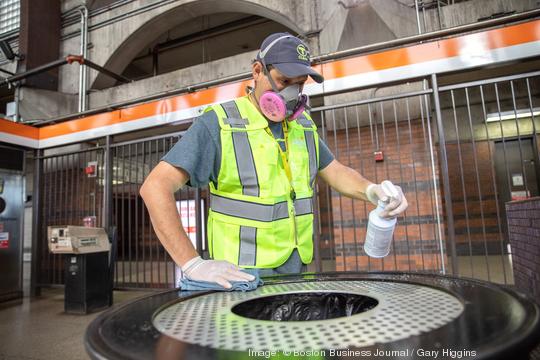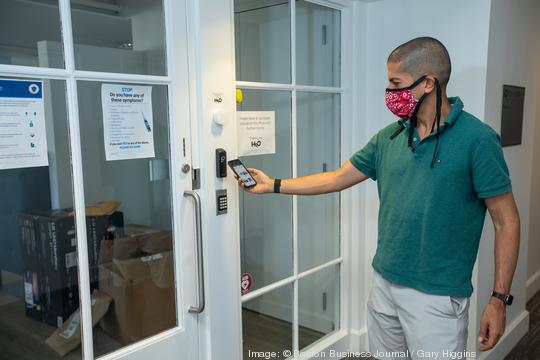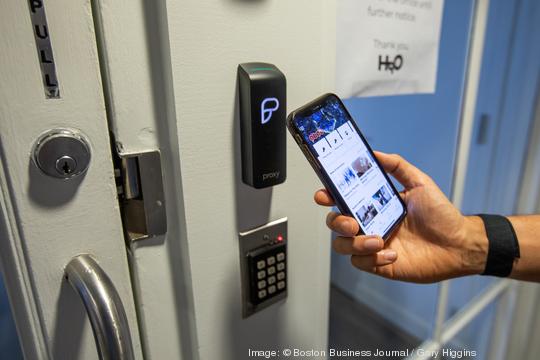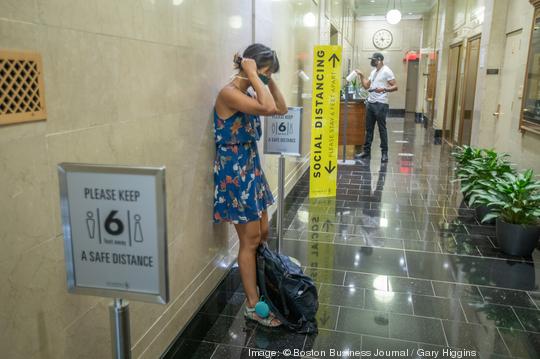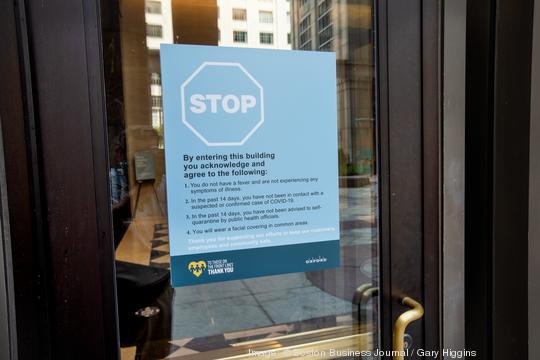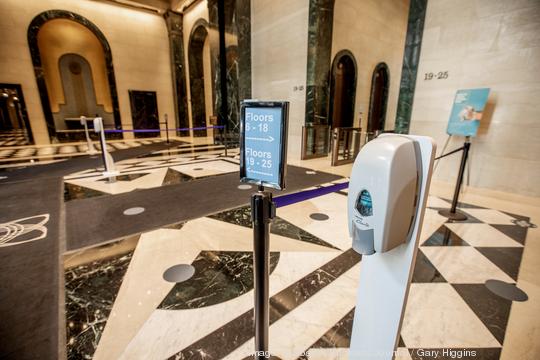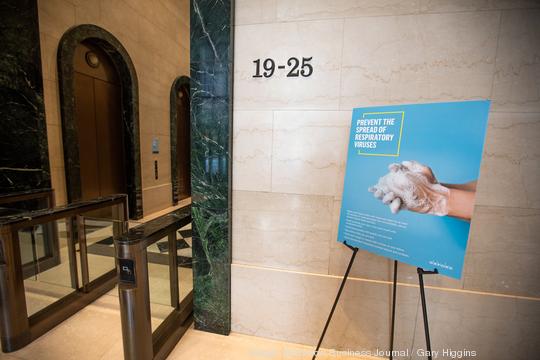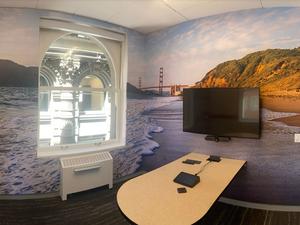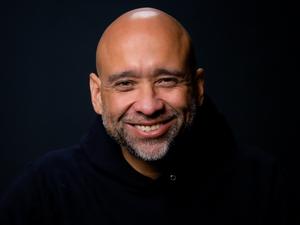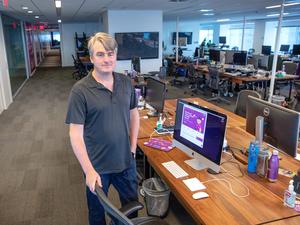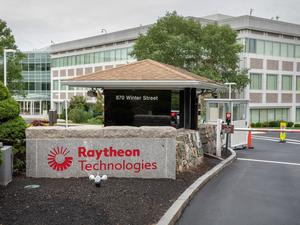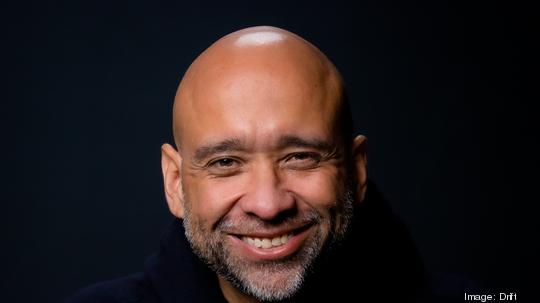
As tech companies all over Massachusetts debate the pros and cons of remote work, one Boston-based marketing software firm has made the switch to keeping all employees remote for the long-term.
So why would that same company also plan to hold on to all its 100,000-square-foot office space across the country?
David Cancel, CEO and co-founder of Drift.com Inc., announced the move to his nearly 400 employees earlier this week. In an interview, he explained that he believes permanent remote work will be the only way the company operates moving forward.
Some employers in greater Boston, like defense giant Raytheon Technologies Corp. (NYSE: RTX) and staffing firm Aquent have come to the same decision, announcing plans to shrink or eliminate their existing offices. But Drift is planning to renew the leases on its U.S. offices in Boston, San Francisco, Seattle and Tampa. The goal, said Cancel, is to transform its offices into what he calls "conversation spaces."
To be clear, Cancel explained that no Drift employees will be required to work from one of these locations, not even for few days a week. The spaces will not have individual desks in the future, replacing them with common areas that employees will have the option of using for client meetings or other collaborative tasks.
In doing so, Cancel isn't adopting the popular "hybrid model," allowing employees to work some days from the office and some days from anywhere. In the tech industry, Google Inc. (Nasdaq: GOOG) has been one of the major supporters of that model, which binds employees to live within commuting distance of their assigned offices.
Other companies, such as Facebook Inc. (Nasdaq: FB) and Twitter Inc. (NYSE: TWTR), have said that at least some employees never need to go back to the office.
But Cancel made it clear that Drift isn't saving any money from switching to permanent remote work, and pointed out what he thinks is a big disadvantage of the "hybrid model" from a leadership perspective. "You're going to naturally select people, or prefer people that you're dealing with on a face-to-face level," he said.
For Cancel, the advantage of switching to remote work is that people will have the ability "to be judged on their outcomes versus time in the office." At the same time, the company will be able to recruit talent globally, he pointed out.
The hiring of Chief Revenue Officer Todd Barnett last year, which happened through a process that was 100% virtual, made Cancel realize that a fully-digital company is possible, he said.
Cancel said that Barnett has "never been to an office, he's never visited any of these, never met anyone on the team. And that was back in April."
"(Drift) hired four to five VPs in the same way, and they're doing amazing work," said Cancel. "That broke my kind of preconception of what was possible. That really pushed me to this idea, 'It is possible to be fully digital' and not actually have to interact with people, hire people, or meet them, face to face?'"

